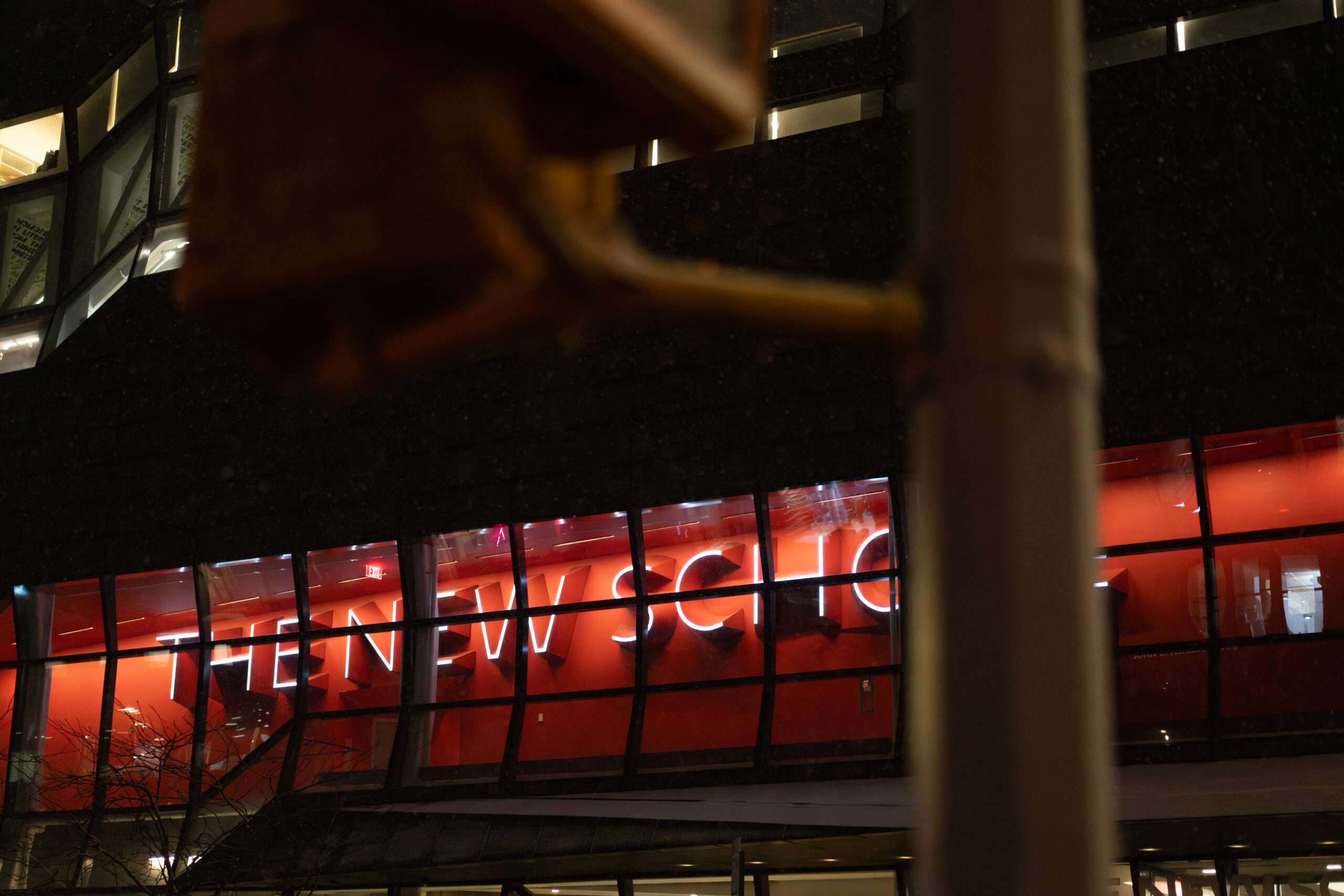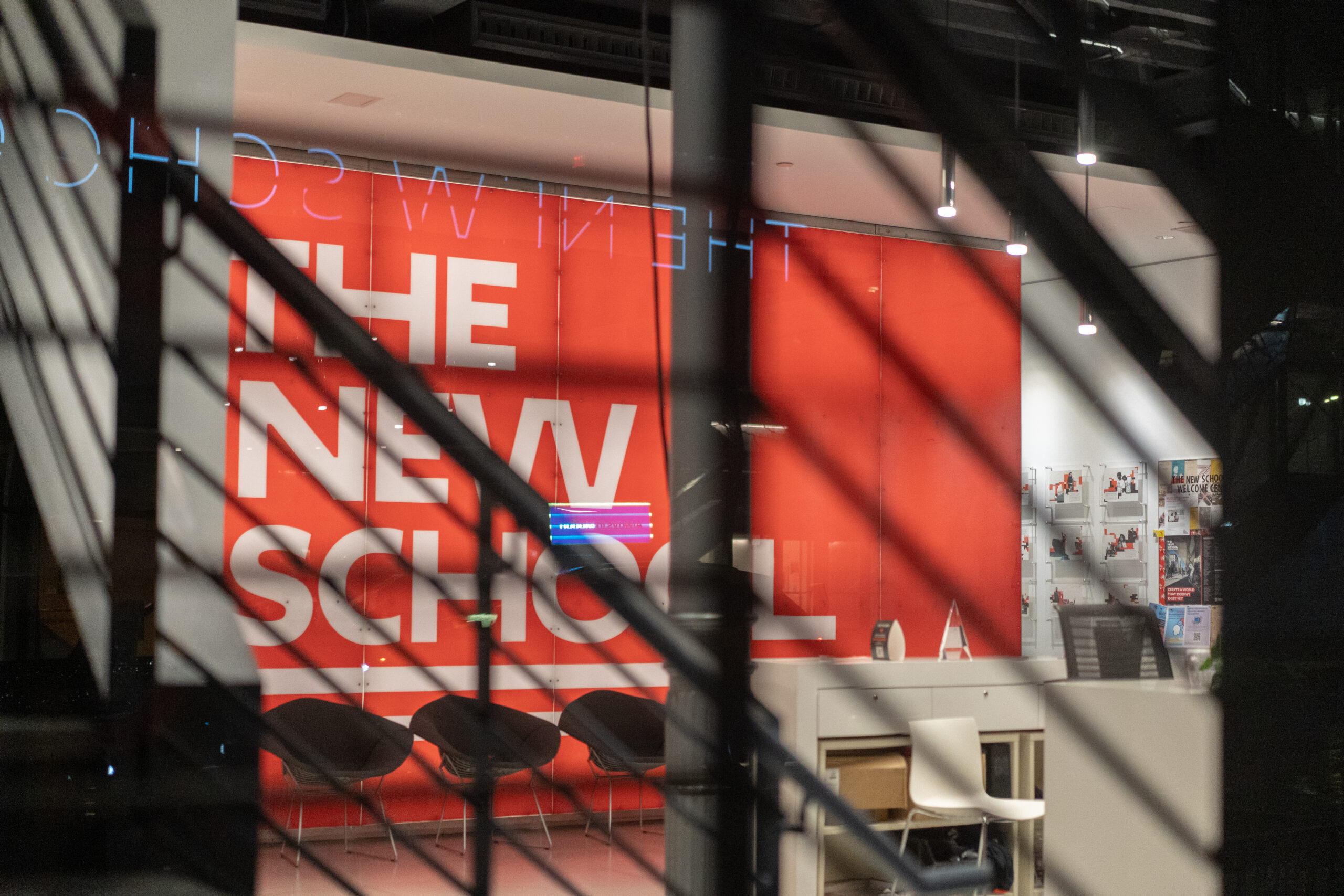Literary Studies students will get a week off from classes at the end of the semester thanks to a proposal from the department’s heads to give them more time to work on their final papers and projects, rather than spending this time in class.
While many other schools in the country, and even fellow institutions in New York City, such as New York University and Pace University, observe university-wide reading weeks, The New School has not observed a reading week since the early 2000s, according to Literary Studies professor Collette Brooks.
“Comparing our student’s work to other colleges’ that have reading weeks, it feels unfair if this student is having to write [their paper] at ten at night after attending three classes, and that student is having a whole week [off] to…write finals,” said Carolyn Berman, the Literary Studies department co-chair.
Berman and her colleagues proposed the addition of a reading week to Literary Studies classes as a result of a department-wide review process that took place over the last year. Through focus groups, faculty heard students’ concerns about being overwhelmed during finals week, which negatively affected their work. Lang’s dean, Stephanie Browner, and the Provost office approved the program halfway through last semester, but this spring will be the first full semester it is enacted, with seven out of 13 professors participating.
This program will only run within Literary Studies classes whose professors choose to participate. Classes that observe a reading week will not meet the second to last week of class in order to give students more time to work on their final papers or projects and meet with their professor one-on-one.
“The end of term is a crunch time for everyone… We felt like this was a way for us to support our students psychologically and actually allow them to do better work by not having to go to class and do final writing assignments,” Berman said.
“It was a situation where students were skipping class in order to do work,” Berman said. “But that adds to a sense of guilt, a sense [of] ‘I’m being bad.’ It’s a lot of psychological pressure that is just unnecessary.”
Despite Berman’s optimism, some students are skeptical that their peers will put the time off to good use. “I don’t know if I would need a whole week off,” said Grace Kenney, a junior and Journalism and Design and Screenwriting double major at Lang. “People will probably just go home [for the week].”
Other students, especially those in Literary Studies, expressed a willingness to try anything that could alleviate stress around finals. “I think it’ll be useful,” said Marco Llort, a Literary Studies sophomore. “I don’t usually like missing classes, but finals are horrible.”
The program is an ongoing experiment which the Literary Studies department will monitor and reevaluate if needed. Other departments may be able to make similar proposals in the future, but it all depends on the needs and reactions of students, according to Browner.
“I think all students should get [a reading week],” said Colleen Berry, an undecided sophomore at Lang. “A lot of my friends who go to different schools get that, and I think it would only be beneficial for everyone…[it] would be good for your mental health.”
To students who feel they deserve a reading week, Browner suggested that Lang is very much listening. “Maybe respond to [this] article by starting a petition,” she said.
However, even if students do organize a petition, “It would have to all be approved through the provost office. We are by law required to have a certain number of contact hours,” Browner said.
In other words, unless a department could prove that students are doing a significant amount of work outside of class, as Literary Studies has already done, holding a reading week would interfere with the amount of required in-class time, which needs to be met for students to receive credits.
“Nothing can happen immediately in terms of administrative processes, but it’s worth asking [your department chair],” Berman said.
“We’re always sort of experimenting and changing and then assessing,” Browner said. “You don’t want to change things constantly, but thoughtful change and assessment is exactly what faculty should be doing.”
Illo: Yasmin Ahram







